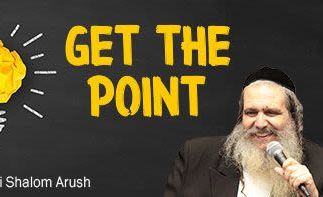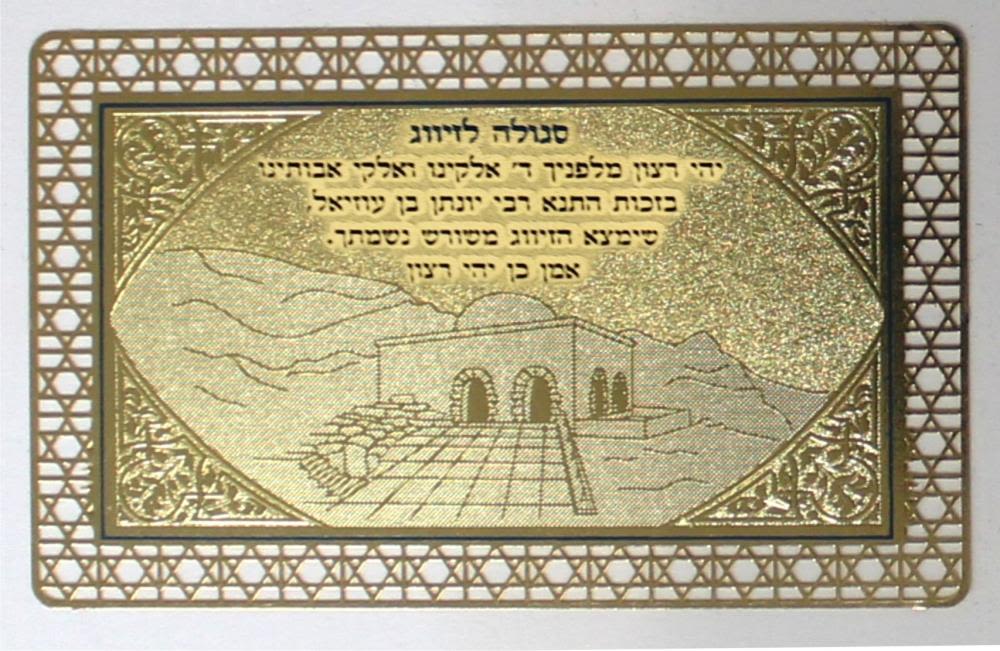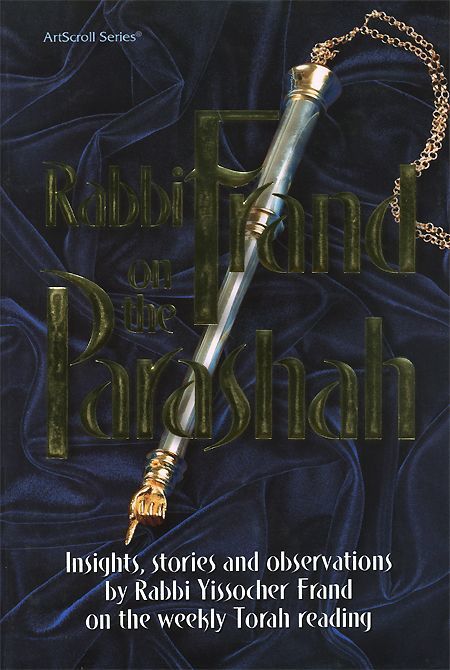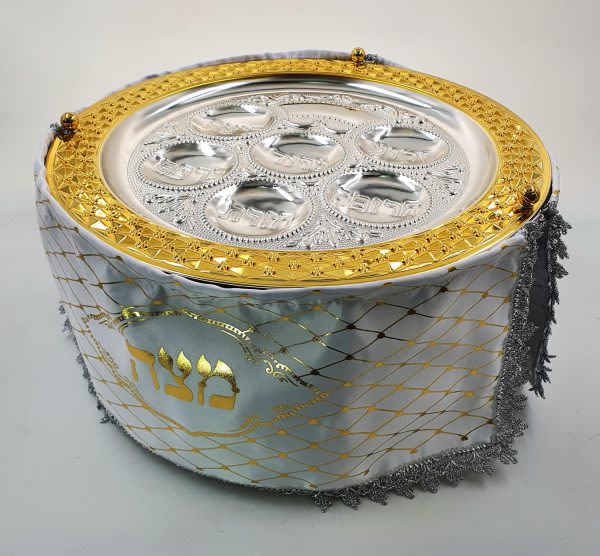
Take it to Heart
In this amazing personal revelation, Rabbi Shalom Arush tells the moving and thought-provoking story of how he became a believing Jew, and his first steps to seeking Hashem…

Translated by Rabbi Lazer Brody
Editor's note: The following is an amazing segment of the eulogy that Rav Shalom Arush said on the last day of shiva for Yosef Nechama's father, Shlomo ben Shmuel of blessed memory.
King Solomon, the wisest of all men, said, "It is better to go to the house of mourning than to go to a house of feasting, for that is the end of all man, and the living should take it to heart" (Ecclesiastes 7:2).
No one thinks about the meaning of life when he or she is having a good time, eating steaks and drinking beer. But, when we finally depart from someone close to us, we start thinking. It's therefore clear that a funeral is more thought-provoking than a party. Anyone with a brain in his head knows that the funeral is the eventual end of everyone's go-around in this world. Yet, people ignore the message that King Solomon implored, that "the living should take it to heart."
The message in that passage made me a believer.
Let me share a bit of my past with you. When I was in high school, I observed nothing. Although my parents were G-d-fearing Jews, when we came to Israel from Morocco, I attended secular schools and had very secular friends. By the time I went into the army, I was eating on Yom Kippur and eating bread on Pesach. That's how far away I was. Yet, Hashem blessed me with common sense and conviction. I didn't buckle to peer pressure when it came to things that were damaging to one's health and well-being like cigarettes and alcohol. I enjoyed my complete freedom, which included freedom from substances of any kind.
In the army, my buddies used to make fun of me because I shunned cigarettes during a time when almost  everyone smoked. Yet, one winter when our base up in the mountains was snowed in, the supply trucks couldn't reach us. The base canteen ran out of cigarettes. My friends were going berserk without their nicotine fix; they were scavenging around the base looking for cigarette butts that they could squeeze a puff or two out of. I was the one who ended up laughing at them. They were acting like ridiculous addicts and I was enjoying my freedom.
everyone smoked. Yet, one winter when our base up in the mountains was snowed in, the supply trucks couldn't reach us. The base canteen ran out of cigarettes. My friends were going berserk without their nicotine fix; they were scavenging around the base looking for cigarette butts that they could squeeze a puff or two out of. I was the one who ended up laughing at them. They were acting like ridiculous addicts and I was enjoying my freedom.
When the Yom Kippur War of 1973 broke out, I was an airborne medic in a helicopter crew. Although our main task was rescuing downed pilots, we spent hours on end evacuating wounded and killed soldiers from combat areas. My unit consisted of three helicopter crews of four soldiers each. One would think that the constant contact with death would get us to start thinking, but not a single one of us made teshuva; we all remained very secular.
Partially as a psychological defense mechanism, we'd make sordid jokes with the dead. We'd say such things as, "Hey pal, don't you have the brains to stay alive?" Yes, it sounded sick, but it kept us from going crazy. We had a job to do and we couldn't afford to come apart at our emotional seams. Yet, I always thought the dying only pertained to the dead; I never related to death, nor did I stop and think that eventually, I'd be in the same boat.
After the war, when four of my fellow crewmen got killed in a helicopter crash during reserve duty in 1974, I still had my nonchalant attitude even during and after their funerals, all of which I attended in one day. Then, I ran across King Solomon's saying from Ecclesiastes, "The living should take it to heart." Those words entered my heart like arrows…
I had all kinds of aspirations. I aspired to be a great doctor and to earn a lot of money. I asked myself: "Suppose you succeed, Shalom, and you become a world-renowned physician; suppose you amass a huge fortune of money. Does it make sense to spend whatever time and effort required in toiling on this earth, when you end up buried six-feet under the ground? What're all the achievements worth when your body decomposes into the same exact elements as animal fertilizer? Is that all a person is worth?"
I had tons of questions. I didn't ask anyone about them, I only directed them to G-d, if He was really there. I genuinely and sincerely sought answers and He gave them to me. Sure, if the human is only a body, nothing makes sense when all one has to look forward to is a graveyard. Hashem made me aware of the soul, the spiritual aspect that is not only the true person but a tiny spark of the Almighty as well. Just as the Almighty is eternal, so is the soul. That's when life started making sense.
No one spoke to me and no one convinced me. It was King Solomon's passage in Ecclesiastes that triggered my in-depth thinking and made a believing Jew out of me. One thing that I was fortunate enough to learn at the outset was that if a person turns to Hashem in truth, Hashem answers all his questions. Since then, I've never stopped talking to Hashem, whenever I can, wherever I can, the more the better.
"The living should take it to heart." You can interpret this another way: if you don't take the message of death to heart and begin assessing what you're doing with your life, then you're already dead, for the living should take it to heart. Cherished brothers and sisters, start living!











Tell us what you think!
Thank you for your comment!
It will be published after approval by the Editor.